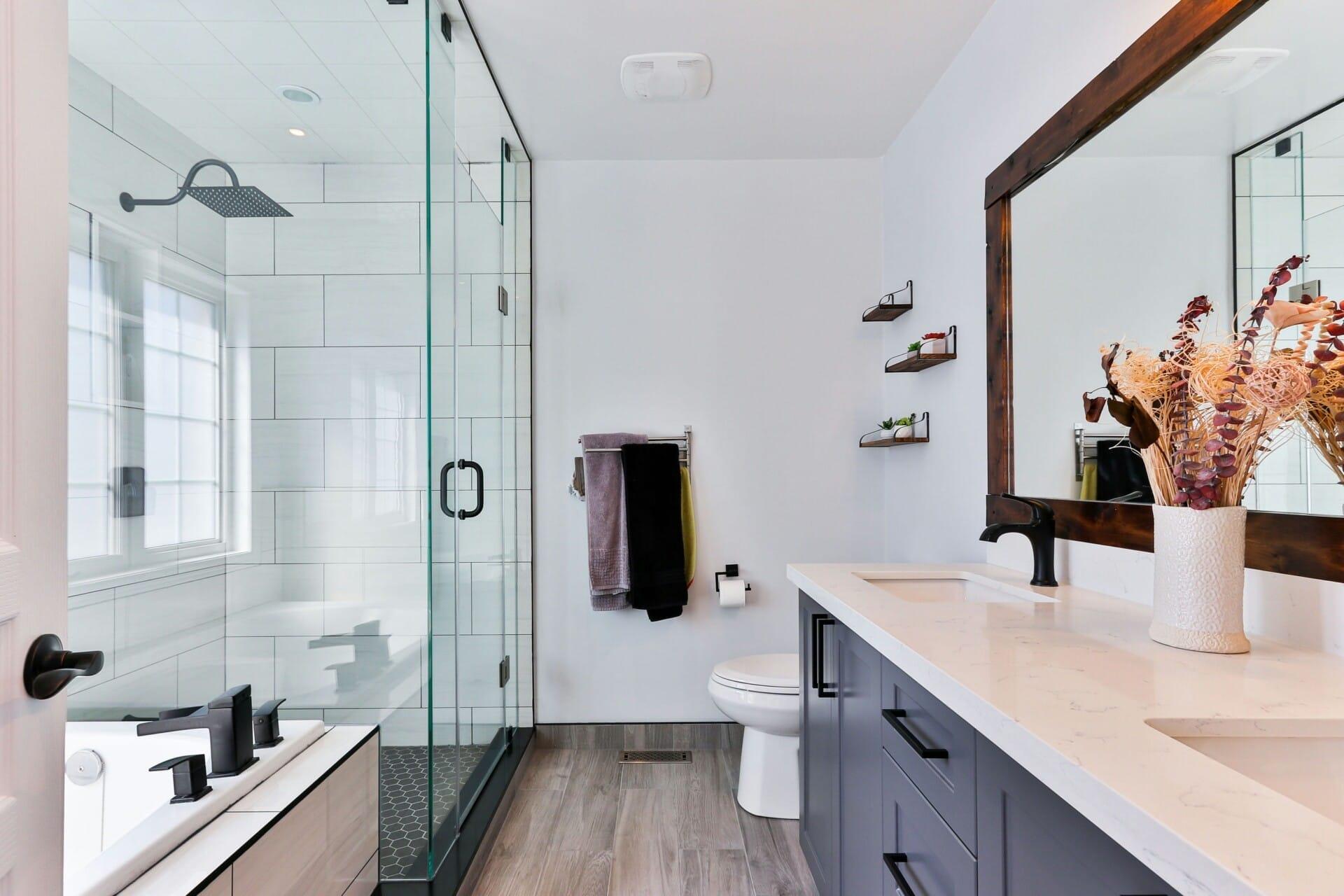Building or renovating a home can be one of the most exciting yet daunting experiences of your life, especially in Malaysia’s vibrant property market. Unfortunately, amidst the thrill lies the risk of encountering shady house builders who may not have your best interests at heart. Whether you’re dreaming of a cozy nest in the heart of Kuala Lumpur or a serene retreat on the outskirts, finding the right builder is crucial. In this article, we’ll share some practical tips to help you steer clear of those less-than-reputable contractors and ensure your building journey stays smooth and stress-free. So, grab a cup of kopi, sit back, and let’s dive into how you can protect your investment and get the home of your dreams without the drama!
Understanding the Red Flags of Untrustworthy Home Builders
When diving into the world of home construction, there are certain warning signs to keep an eye out for, especially when dealing with builders who might not have your best interests at heart. One major red flag is a lack of transparency. Trustworthy builders should be open about their processes, costs, and timelines. If you find a builder hesitant to provide clear information or is secretive about critical details, it’s a strong indicator that you might want to walk away.
Another point to consider is the quality of their previous work. Take the time to research their past projects and client testimonials. An untrustworthy builder might have a slew of complaints about poorly constructed homes, missed deadlines, or poor communication. It’s beneficial to ask for references and even visit some completed projects. If they are unwilling to share their portfolio or allow you to speak with past clients, it could be a warning sign you’re dealing with someone that isn’t reputable.
be cautious of unrealistic promises. A builder who guarantees below-market prices or incredibly quick turnaround times might be enticing but often comes with hidden costs or shortcuts that compromise quality. Always compare offers and ensure you’re receiving a comprehensive and detailed breakdown of estimations. If it sounds too good to be true, it probably is. Below is a quick comparison table to help gauge builders’ offers:
| Criteria | Trustworthy Builders | Untrustworthy Builders |
|---|---|---|
| Pricing | Fair and transparent | Unrealistic low quotes |
| References | Willing to provide | Reluctant or evasive |
| Project Updates | Regular and proactive | Rare and unclear |

The Importance of Researching Your Builders Reputation
When it comes to building your dream home, knowing who you’re working with is half the battle. Researching a builder’s reputation can save you not just money, but also a lot of future headaches. Think of it as a critical step in your home-building journey, much like picking the right location. You wouldn’t simply buy a plot of land without checking it out first, right? Similarly, doing your homework on potential builders is essential. Look for builders who have been in the game for a good while; usually, those with an established background have more to lose if they mess up.
There are a few simple ways to gauge a builder’s standing in the community. Check out online reviews and testimonials from previous clients. Feel free to ask around among friends and family, or even on local forums. Word of mouth is often the best indicator of a builder’s integrity and quality of work. Here’s a quick checklist of what to look for:
- Years in business
- Accreditations and licenses
- Quality of past projects
- Client feedback
- Response time for queries
But don’t just stop at online research. If you’re serious about a particular builder, consider visiting some of their completed projects. This hands-on approach can provide invaluable insight into the quality of their craftsmanship and attention to detail. While you’re there, talking to current homeowners can give you a firsthand look at their experience. Remember, a reputable builder will have nothing to hide and will be happy to show off their work!
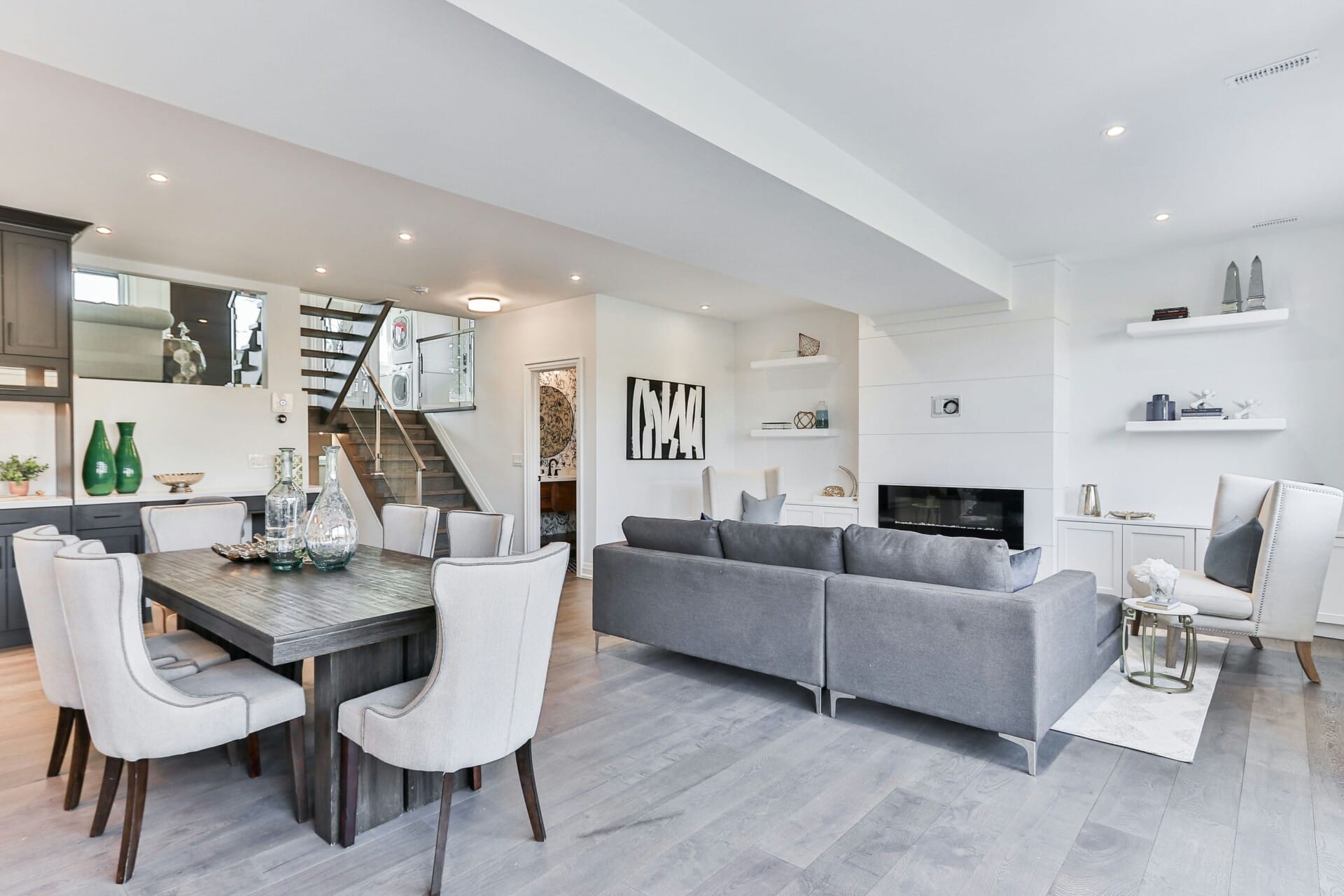
Key Questions to Ask Before Signing a Contract
Before you put pen to paper, it’s crucial to arm yourself with the right questions. Asking the right queries can help you unveil the true intentions of the builders. Here are some vital points to consider:
- What is the total cost, and what does it include? Make sure to clarify the entire financial scope of the project, including hidden fees or potential upgrades.
- What’s the timeline for project completion? Knowing the expected timeframe can help you gauge if the builder is reputable or if they have a history of delays.
- What warranties or guarantees do you provide? Ensure you understand what happens if things go wrong after you’ve moved in.
Another vital area to explore involves the builder’s reputation and credibility. Dive deep to uncover any red flags. Ask the following:
- Can you provide references from previous clients? Speaking directly to past clients gives you invaluable insights into their experience.
- Are you licensed and insured? Verification of these credentials can save you from future headaches.
- What processes do you follow for quality control? A solid builder has transparent processes to ensure standards are met throughout the project.
Lastly, understanding the fine print is paramount. Contracts can be riddled with jargon that can be misleading. Make sure to ask:
- Can you clearly explain any clauses I don’t understand? If something feels vague, don’t hesitate to seek clarification.
- What’s the procedure for making changes to the contract? Knowing how amendments can be made can save you from last-minute surprises.
- What happens in case of disputes? Having a clear plan in the event of disagreements can save you a lot of time and effort.
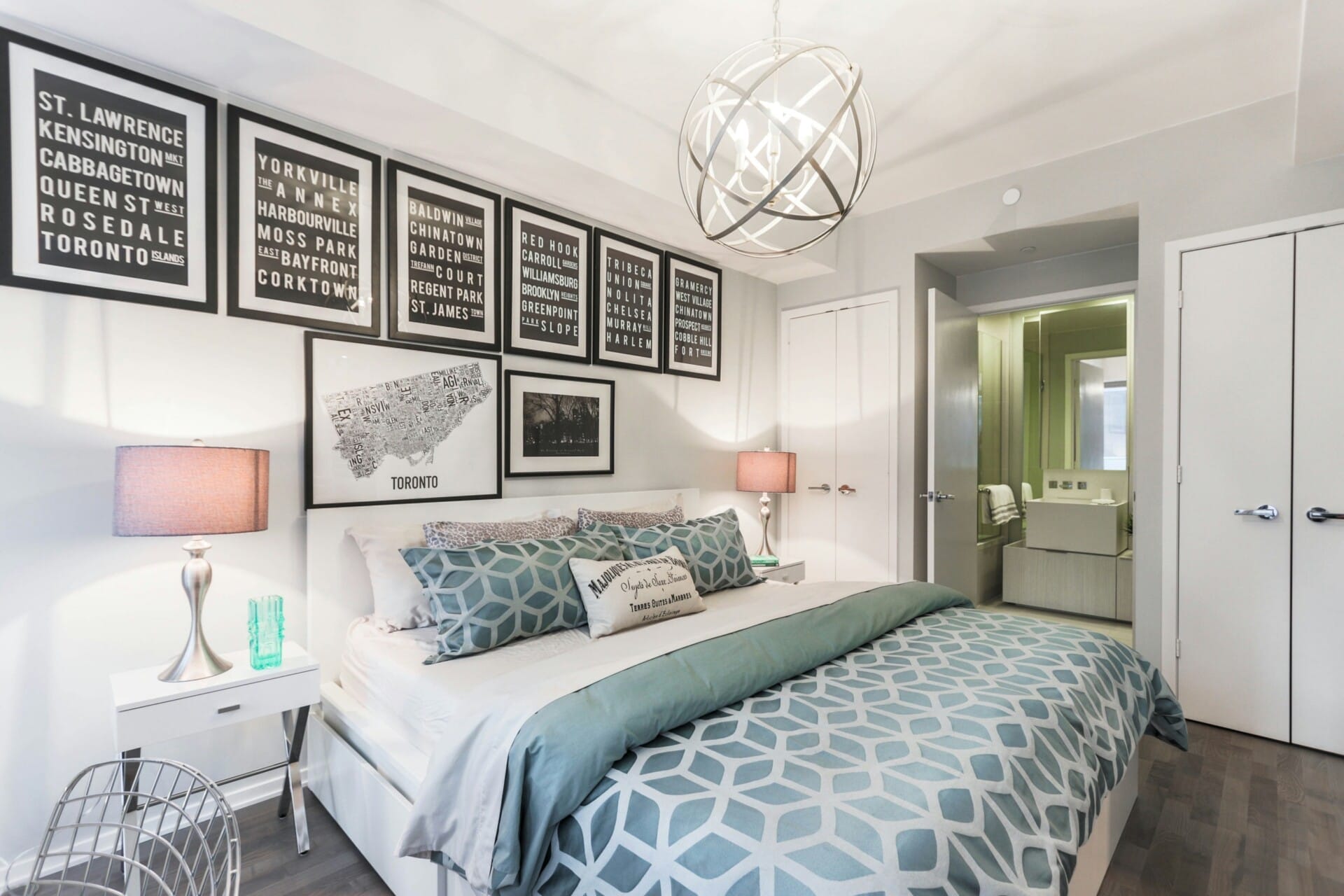
The Role of Transparency in Construction Agreements
In the world of construction, having a clear understanding of what’s on paper can save you from headaches down the line. Transparency in construction agreements isn’t just a nice-to-have; it’s essential for both parties. A good contract should spell out everything in plain language, not legal mumbo jumbo. You’ll want to check that your agreement includes:
- Project scope: Detailed descriptions of the work involved.
- Timeline: Clear deadlines for different phases of the project.
- Payment terms: How and when you’ll fork over cash.
- Change orders: A process for handling any tweaks to the original plan.
Make sure the fee structure is straightforward. There’s nothing worse than finding out halfway through that the costs have ballooned due to hidden fees. Look out for clauses that dictate additional charges and assess what’s considered “extra work.” For instance, having a transparent pricing table can help both parties understand the financial landscape:
| Item | Cost (MYR) |
|---|---|
| Initial Assessment | 500 |
| Structural Work | 15,000 |
| Finishing Touches | 5,000 |
| Contingency Fund | 2,000 |
Additionally, having open lines of communication throughout the project is crucial. Schedule regular check-ins to ensure that everyone is on the same page. When expectations are set and maintained, the chances of misunderstandings drastically decrease. If your builder is evasive or reluctant to share updates, that’s a red flag. Trust your instincts, and demand transparency—it’s your home, and you have every right to know what’s going on at every stage!
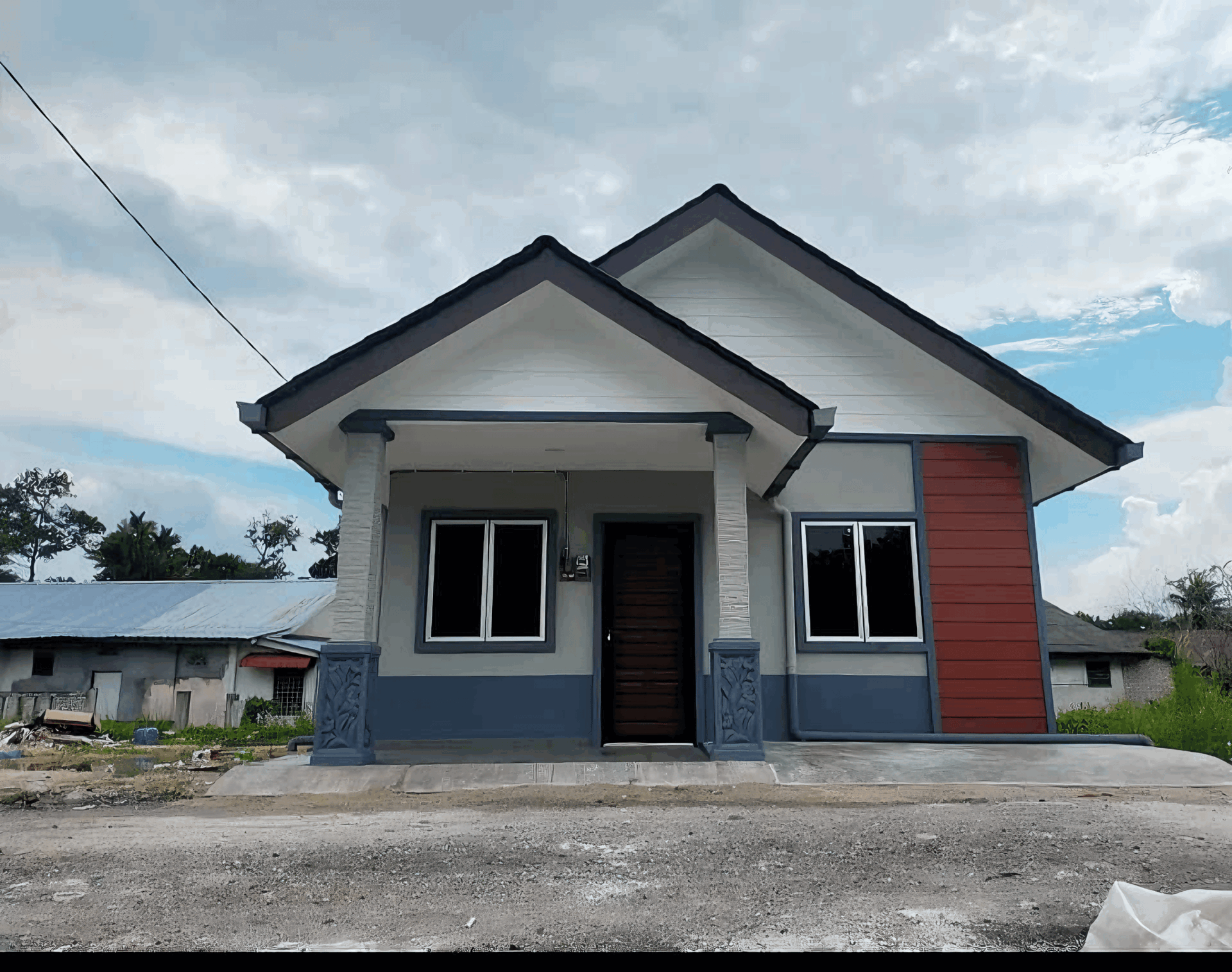
How to Verify Qualifications and Licenses of Builders
It’s essential to do your homework when picking a builder for your new home, especially in Malaysia’s diverse market. Start by checking if the builder is registered with the Construction Industry Development Board (CIDB). This is a vital step as it indicates that they meet specific industry standards. You can easily verify their CIDB score through their official website, which reflects their experience and capabilities. Look out for any complaints or issues that might pop up during your research—these could be red flags signaling trouble ahead.
Next up, grab your phone or hop onto the internet to confirm their licenses. Builders should have the necessary licenses to operate legally in Malaysia, whether it’s a G7 license or something more specific. Check the details on the Local Authority’s website for any certificates related to building safety, energy compliance, and environmental considerations. It’s worth reaching out to the licensing bodies if you have doubts about their legitimacy. After all, you deserve peace of mind when building your dream home!
Lastly, consider setting up a meeting with the builder to discuss past projects. Ask for references and don’t hesitate to follow up with previous clients. They can provide insights into how the builder operates—from communication to project timelines. Here’s a quick summary of what to ask during your meetings:
| Questions to Ask | Purpose |
|---|---|
| Can you show me your previous projects? | To assess the quality and style of work |
| How do you handle project delays? | To gauge reliability and transparency |
| What is your process for handling disputes? | To understand conflict resolution strategies |
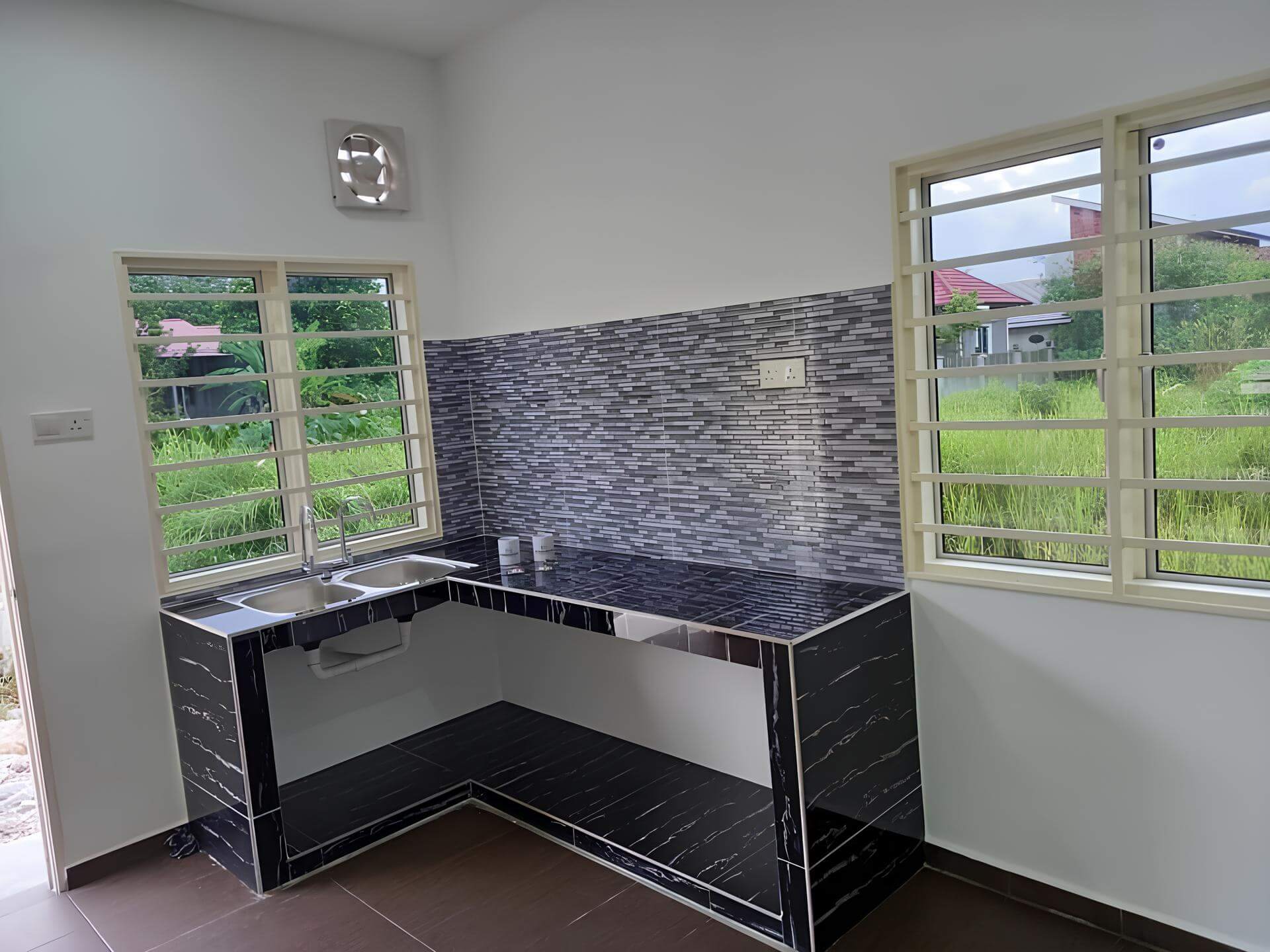
Evaluating Previous Projects: What to Look For
When you’re considering a house builder, it’s crucial to take a close look at their previous projects. A good starting point is to look for consistency in quality and design across a range of their properties. Take the time to visit some of their finished homes, if possible. Note the differences in construction quality, materials used, and overall aesthetic appeal. Viewing these attributes firsthand can give you a better sense of whether they can deliver your dream home as promised.
Another key factor to examine is client feedback and testimonials. Check their website, social media platforms, and reputable online review sites to gather insights from homeowners who have previously worked with them. Look for patterns in the feedback. Are there repeated concerns regarding deadlines, budget overruns, or quality of work? If the builder has numerous unresolved complaints, it could be a red flag worth paying attention to.
Don’t forget to consider the builder’s warranties and after-sales service. A reliable builder should offer a clear warranty on their work and be available for follow-up services after the construction is completed. Request a table outlining their warranty coverage, as it can significantly influence your peace of mind. Here’s an example:
| Warranty Type | Coverage Period | Details |
|---|---|---|
| Structural | 10 Years | Covers major structural defects |
| Roofing | 5 Years | Protection against leaks and deficiencies |
| Interior Finishes | 2 Years | Excludes wear and tear |
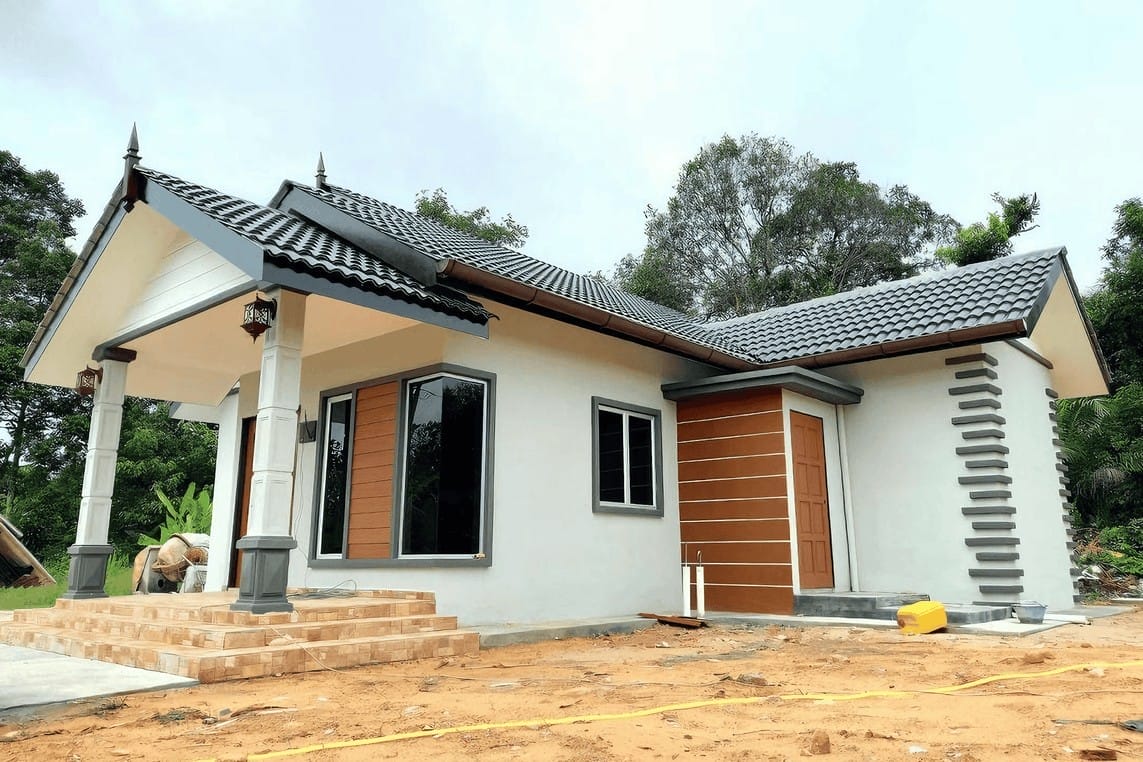
Protecting Yourself with a Comprehensive Home Warranty
When investing in a new home, it’s crucial to have a safeguard against unexpected repairs. A comprehensive home warranty offers that peace of mind, especially in a market where unreliable builders can sometimes overshadow trustworthy ones. With a home warranty, homeowners can ensure that if something goes wrong—be it plumbing issues, electrical failures, or HVAC breakdowns—there’s a safety net in place to cover those potentially hefty repair costs.
Opt for a warranty that covers a wide range of household systems and appliances. Some key components to look for include:
- Major Appliances: Refrigerators, ovens, washers, and dryers.
- Home Systems: HVAC systems, plumbing, and electrical systems.
- Optional Add-Ons: Pools, spas, and additional structures like garages.
With the right coverage, not only do you protect your financial investment, but you also minimize the hassle of dealing with repairs. Always read the fine print to understand what is and isn’t covered, as some warranties might have exclusions that could surprise you down the line.
Consider this simple comparison table to gauge how different home warranty options might stack up:
| Warranty Provider | Coverage | Average Annual Cost |
|---|---|---|
| Provider A | Comprehensive | RM 1,500 |
| Provider B | Basic | RM 1,000 |
| Provider C | Customizable | RM 1,200 |
a comprehensive home warranty can serve as your safety harness while navigating home ownership in Malaysia. With the right protection plan, you can focus on enjoying your new space rather than fretting about what might go wrong.
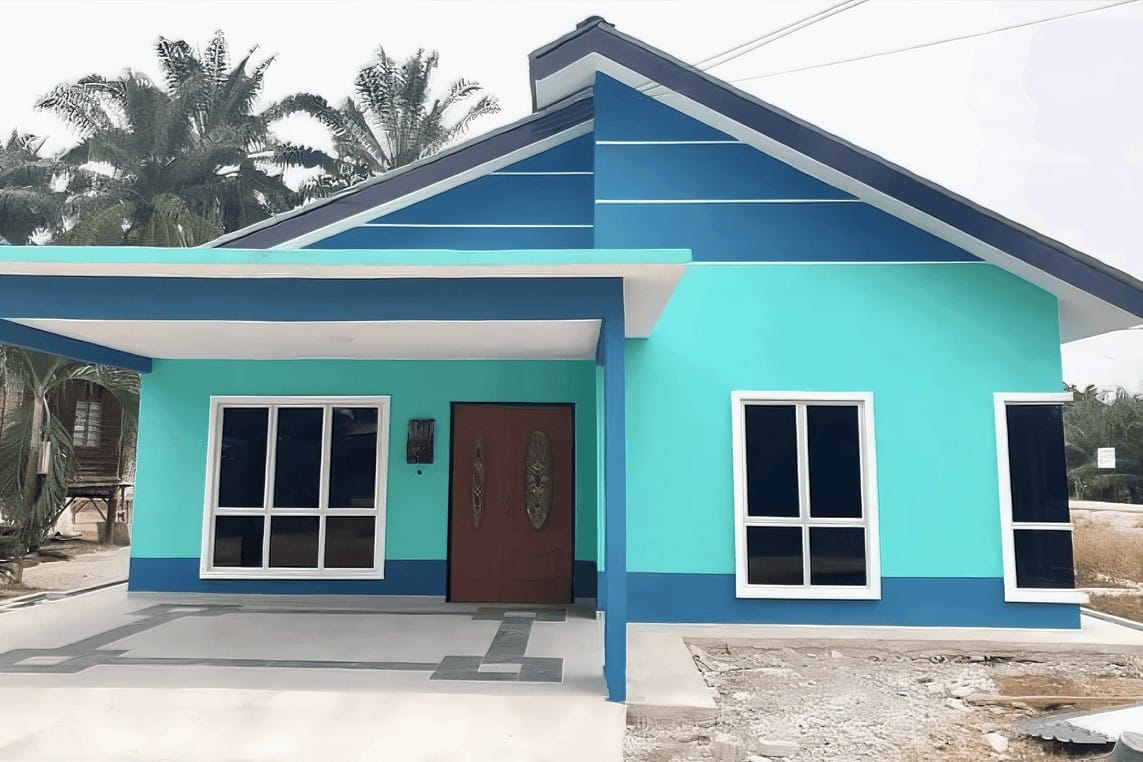
Establishing Clear Communication Throughout the Building Process
Keep the lines of communication wide open when you’re in the midst of building your dream home. Setting up a regular check-in schedule can be a game changer. You might want to consider:
- Weekly Updates: Chat with your builders every week to go over progress and any issues that may arise.
- Designated Point of Contact: Designate one person to handle all communications, so information doesn’t get lost in translation.
- Document Everything: Keep a record of conversations, decisions made, and changes requested, just in case you need to reference them later.
Visual communication tools like photos and videos can also make a big difference. Instead of just relying on verbal updates, send pictures of the current progress or ask for updates visually. This can help ensure that everyone is truly on the same page, especially when it comes to intricate details in design. Another tip is to utilize project management apps. You can explore options like:
| App Name | Features |
|---|---|
| Trello | Task boards, checklists, deadlines |
| Asana | Project tracking, team collaboration |
| Slack | Real-time messaging, file sharing |
Lastly, never shy away from addressing concerns immediately. If something feels off, speak up! Whether it’s unexpected delays or design miscommunications, it’s vital to express any worries as they arise. Foster an environment where questioning is encouraged. You’ll want to work with builders who not only welcome your feedback but actively seek it. Construct a collaborative atmosphere where everyone feels accountable, and you’ll steer clear of those shady practices that can derail your project.
To Conclude
As we wrap up this guide on dodging those sneaky house builders in Malaysia, remember, knowledge is your best friend in this journey. By staying informed and asking the right questions, you can shield yourself from potential pitfalls. Building or buying a home is no small feat, so don’t rush into anything without doing your homework. Whether it’s reading reviews, checking licenses, or just trusting your gut, every step you take brings you closer to a safe and solid investment. Keep your eyes peeled, and may your dream home be built on a foundation of trust and integrity. Happy house hunting, Malaysia!
Source link
kontraktor rumah
bina rumah
pinjaman lppsa
pengeluaran kwsp
spesifikasi rumah
rumah batu-bata
pelan rumah
rekabentuk rumah
bina rumah atas tanah sendiri
kontraktor rumah selangor
rumah banglo
